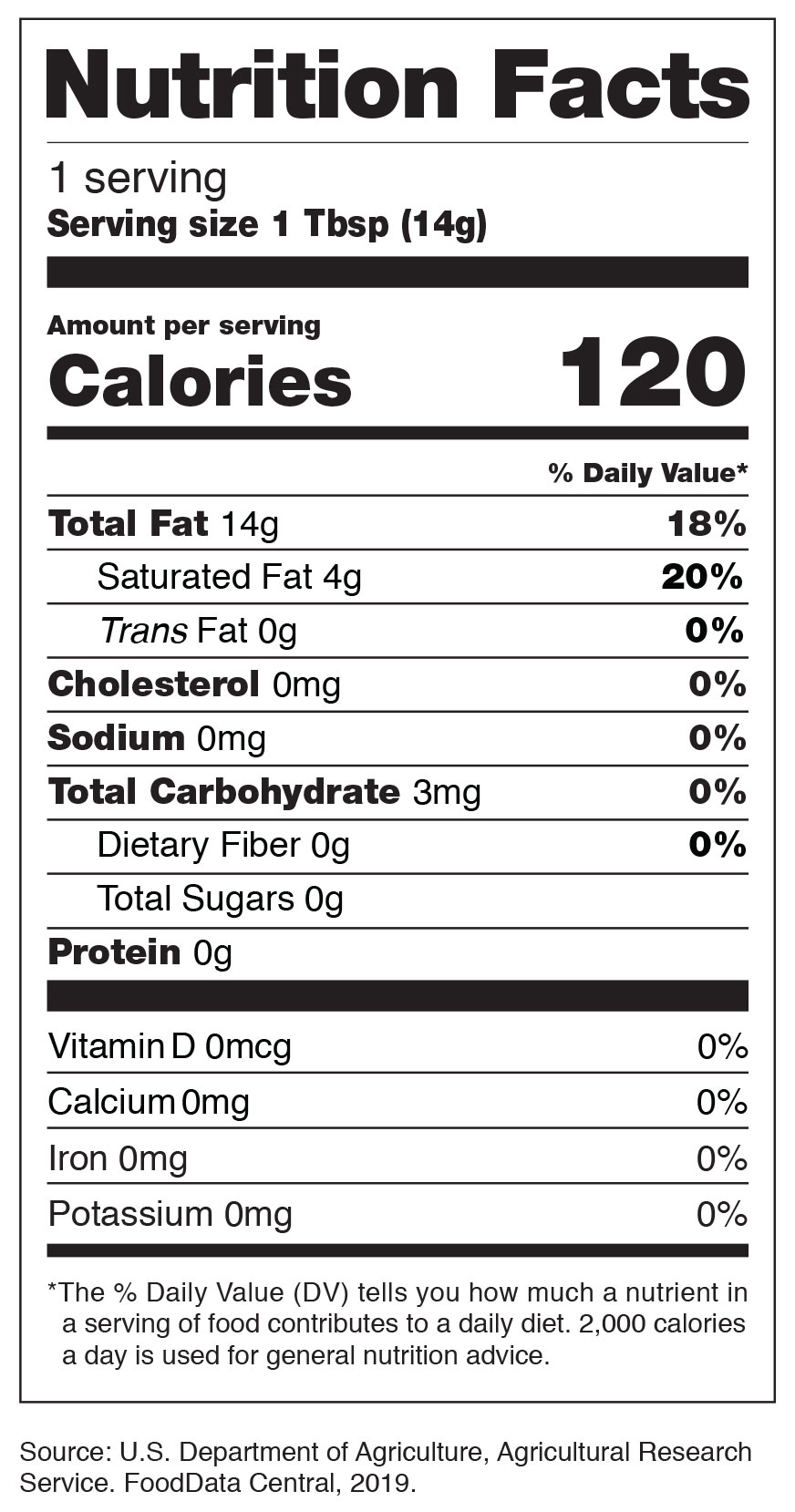A recipe for sustainability.
Sustainable sourcing and procurement of ingredients is a growing priority for businesses and consumers in the United States.
Cottonseed oil can help restaurants and food manufacturers become more sustainable.1 Research shows cottonseed oil has a lower environmental impact than other vegetable oils.



Cottonseed Oil Excels In Life Cycle Assessment.
A recent Life Cycle Assessment (LCA) found refined cottonseed oil excels in six out of eight environmental impact categories. This LCA informs food industry professionals about how their choice of a frying oil can support environmental targets with a focus on greenhouse gas reduction goals.2
One Simple Change
Can Make A Huge Difference.
Research confirms use of cottonseed oil over alternative vegetable oils can help reduce environmental impact in four key areas:
-
Climate Change*
-
Water Quality†
-
Air impact‡
-
Natural resources§
Cottonseed oil production shows a lower impact on air quality and the depletion of resources such as fossil fuels.3,4 Plus, emissions and resources used to grow the crop can be split by the cotton fiber — the main crop cotton is grown for — and its oil, so no part of the cotton plant goes to waste. As it turns out, the use of refined cottonseed oil aligns with sustainability goals of foodservice operators and food manufacturers alike, reducing overall carbon footprints.
Refined cottonseed oil is
great in the kitchen, too.
Though no single oil performs the best in every environmental category, research shows that cooking with refined cottonseed oil is the best option for foodservice operators and food manufacturers looking to reduce their environmental impact.4
U.S. refined cottonseed oil has clear advantages when it comes to climate change with the potential to reduce environmental impacts for kitchens using frying oil by as much as 83%.2 That includes reductions in greenhouse gas emissions and savings in carbon dioxide equivalents that are appreciated by chefs, consumers and the planet.



